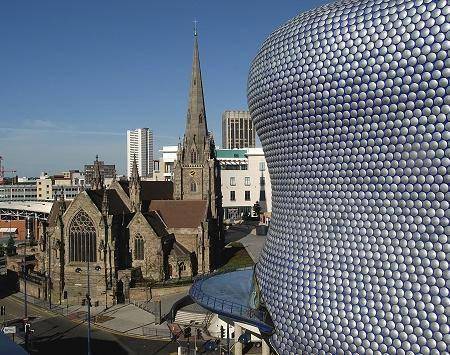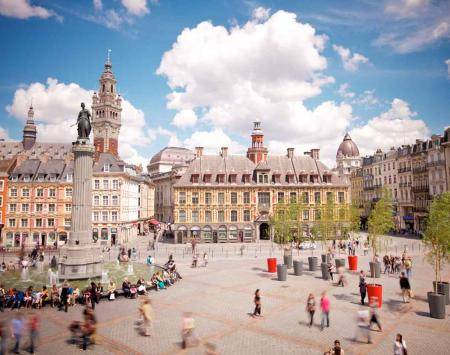Turin
Urban povertyCo-City - The collaborative management of urban commons to counteract poverty and socio-spatial polarisation (Closed)
“Co-City is an extraordinary occasion to support new forms of active participation of the citizens towards the regeneration of the city. I hope that new enterprises will be created around this new model of relation between public and private sector, generating new employment opportunities and jobs in Turin”
The regeneration of deprived neighborhoods located in different areas of the city is the main challenge of the Co-City. Between 2008 and 2013 the amount of residents living in absolute poverty raised to 7% of the total population, while 14% of residents live under relative poverty line. The unemployment rate is 13% and is rising more than in other Italian cities.
A wide range of actions were put in place by the Municipality to contrast social exclusion but the reduction of funds available for social services made harder to respond to the higher demand of welfare services. While Turin managed to effectively support the creation of social enterprises, fostering the creation of one of the most vibrant urban contexts for innovative entrepreneurship, entire parts of the city felt to be excluded by these forms of urban innovation: this sentiment led to a growing lack of trust towards local institutions and within the local community.
Social exclusion is also clearly linked to the decline of many public spaces in the urban context. One of the most visible signs of urban decline is the high amount of abandoned buildings, most of them heritage of the city’s industrial past. 6,5% of about 1600 buildings owned by the city are unused or underused, even if most of them has a strong potential as possible drivers of urban regeneration and residents participation in many deprived areas of the city.
The transformation of abandoned structures and vacant land in hubs of residents participation in order to foster the community spirit as well as the creation of social enterprises will contribute to reduce urban poverty in different areas of the city. The implementation of the Regulation on the urban commons will be driven in Turin by the implementation of “pacts of collaboration” between residents or associations and local authority based in most of the cases on the reuse of abandoned urban spaces and structures.
The creation of new forms of commons-based urban welfare will promote social mixing and the cohesion of local community, making residents actor of the urban change while the local authority will act as facilitator of innovation process already ongoing in the urban context.
The use of innovative ICT platforms, such as the urban social network First Life developed by the University of Turin, and the active collaboration of the network of the Houses of the Neighborhoods (Case del Quartiere) will contribute to combine virtual and physical dimension, involving different types of public in the centre as well as in the suburbs of the city in this wide action of urban regeneration against poverty and social exclusion.
- Comune di Torino
- Università degli Studi di Torino - University
- Fondazione Cascina Roccafranca - NGO
- ANCI - Associazione Nazionale Comuni Italiani - National Association Urban Authorities
The regeneration of abandoned or underused spaces in different areas of the city will contribute to create new jobs in the social economy sector through the creation of new enterprises emerged along the process of residents participation initiated and facilitated by the city of Turin together with the network of the Houses of the Neighborhoods.
The definition and the implementation of several pacts of collaboration will improve the participation of residents in different parts of the city, fostering the commitment of the citizens towards a more inclusive and cohesive city.
March 2017: Launch event, opening of Local contact points in different neighborhoods, launch of the city call for the participation and engagement of citizens, launch of the georeferenced online platform for the project (https://cocity.firstlife.org)
December 2017: identification of the abandoned or underused spaces to be focused by the collaborative regeneration process
December 2018: Starting of the investment for the regeneration of the areas identified by the project
February 2019: Signature and starting of pacts of collaboration
February 2020: Conclusion of investments and project closure event

































